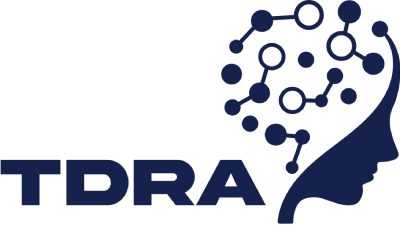FRONSTIM
Interventional Study
Get in touch about this studyFull Study Title:
Subgenual Cingulate Deep Brain STIMulation for Apathetic Behavioral Variant FRONtotemporal Dementia (FRONSTIM)
What is the study about?
This is a 3-year study designed to evaluate the safety of deep brain stimulation (DBS) of the subgenual cingulate (SGC) in subjects diagnosed with behavioral variant frontotemporal dementia (FTD). In addition, the physiological and clinical effects of DBS will be assessed by neuroimaging and neuropsychological testing.
Eligibility- Who can participate?
Participants must:
- Be 40-85 years of age
- Been diagnosed with behavioural variant frontotemporal dementia
- Have apathy as one of the symptoms
- Have a reliable study partner who can provide information on the participant’s behaviour, thinking and functioning
Time requirement
Participants will go through 3 phases of the study:
Pre-Operative Phase will include a screening visit (3.5 hours) and a baseline visit (4 hours) on two separate days.
Operative Phase will be comprised of two stages: Surgery (3-5 hours) and Hospitalization (participants can expect to be in the hospital after surgery for approximately 1-2 days)
Post-Operative Phase will include a follow up visit 10-12 days after surgery where the DBS device will be turned on. This will last about 40 minutes. After the device is turned on, participants will return to the hospital at 1, 2, 3, 6, 12 and 24 months post surgery to adjust stimulation and review any side effects. These visits can last from 40 minutes to 2 hours maximum.
TDRA study investigator
Dr. Andres M. Lozano (neurosurgeon)
Dr. Carmela Tartaglia (neurologist)
Video
Advances in Dementia Research Webinar- Listen to Dr. Andres Lozano (co-Principal Investigator) discuss the FRONTSIM study in further detail: https://youtu.be/-nIyA_1whYk
More Information
https://clinicaltrials.gov/ct2/show/NCT05699330
TDRA Site:
University Health Network (UHN)-Toronto Western Hospital,
Address: 399 Bathurst Street, Toronto ON M5T 2S8
Age Group:
40 - 49, 50 - 54, 55 - 59, 60 - 64, 65 - 69, 70 - 80, 81 - 85
